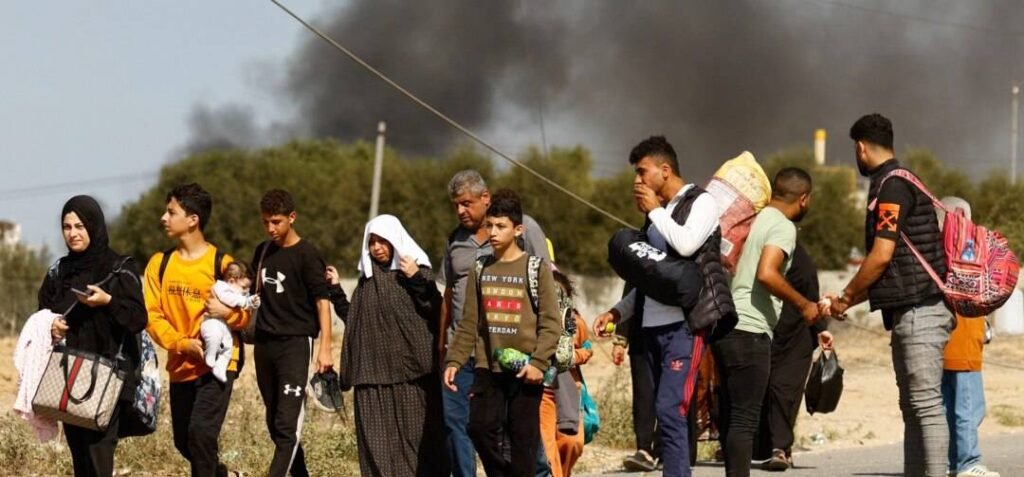The Israel-Hamas War, which erupted on October 7, 2023, has left a devastating mark on the Gaza Strip, with hundreds of thousands of residents still facing the imminent threat of starvation. Recent updates reveal a dire humanitarian situation exacerbated by ongoing conflict and limited access to essential supplies.

Despite efforts by the US and Jordan to airdrop food into the region, the majority of assistance supplies remain blocked by Israel, drawing condemnation from UN experts who accuse Israel of intentionally starving Palestinians in Gaza. Israeli forces further compounded the crisis by preventing a food aid convoy from reaching northern Gaza, according to the World Food Programme (WFP).
The United Nations Children’s Fund (UNICEF) warns of dire consequences for pregnant women and newborns, with thousands at risk of not surviving due to the lack of access to prenatal and postnatal care. Bombs and the need to flee for safety have disrupted essential medical services, leaving over 5,000 pregnant women without vital check-ups. The situation is dire for children as well, with over 90% of those aged 6-23 months and their mothers facing severe malnutrition.
Amidst mounting international pressure, officials from the US administration, including President Joe Biden, have expressed frustration over the unacceptable conditions in Gaza. Biden’s administration conveyed these concerns to Israeli war cabinet member Benny Gantz, signaling a desire for urgent action to address the crisis.
Protests outside the US Embassy in Tel Aviv underscore public outcry for intervention, with demonstrators calling for Biden’s assistance in securing a ceasefire and the release of Israeli hostages. However, the situation remains volatile, with continued violence claiming more lives and pushing Gaza’s infrastructure to its limits.
The toll of the conflict is not confined to Gaza, as fighting escalates along Lebanon’s southern border with Israel. Hezbollah, a political party and militant group with operations in Lebanon, has heightened tensions, leading Israel to evacuate communities along the border. The conflict with Hezbollah adds another layer of complexity to the already volatile region, exacerbating the humanitarian crisis and prolonging the suffering of civilians on both sides.
As the world grapples with the escalating violence and humanitarian catastrophe in Gaza, urgent action is needed to address the root causes of the conflict and alleviate the suffering of innocent civilians caught in the crossfire. International cooperation and diplomatic efforts are essential to bring about lasting peace and stability in the region.

